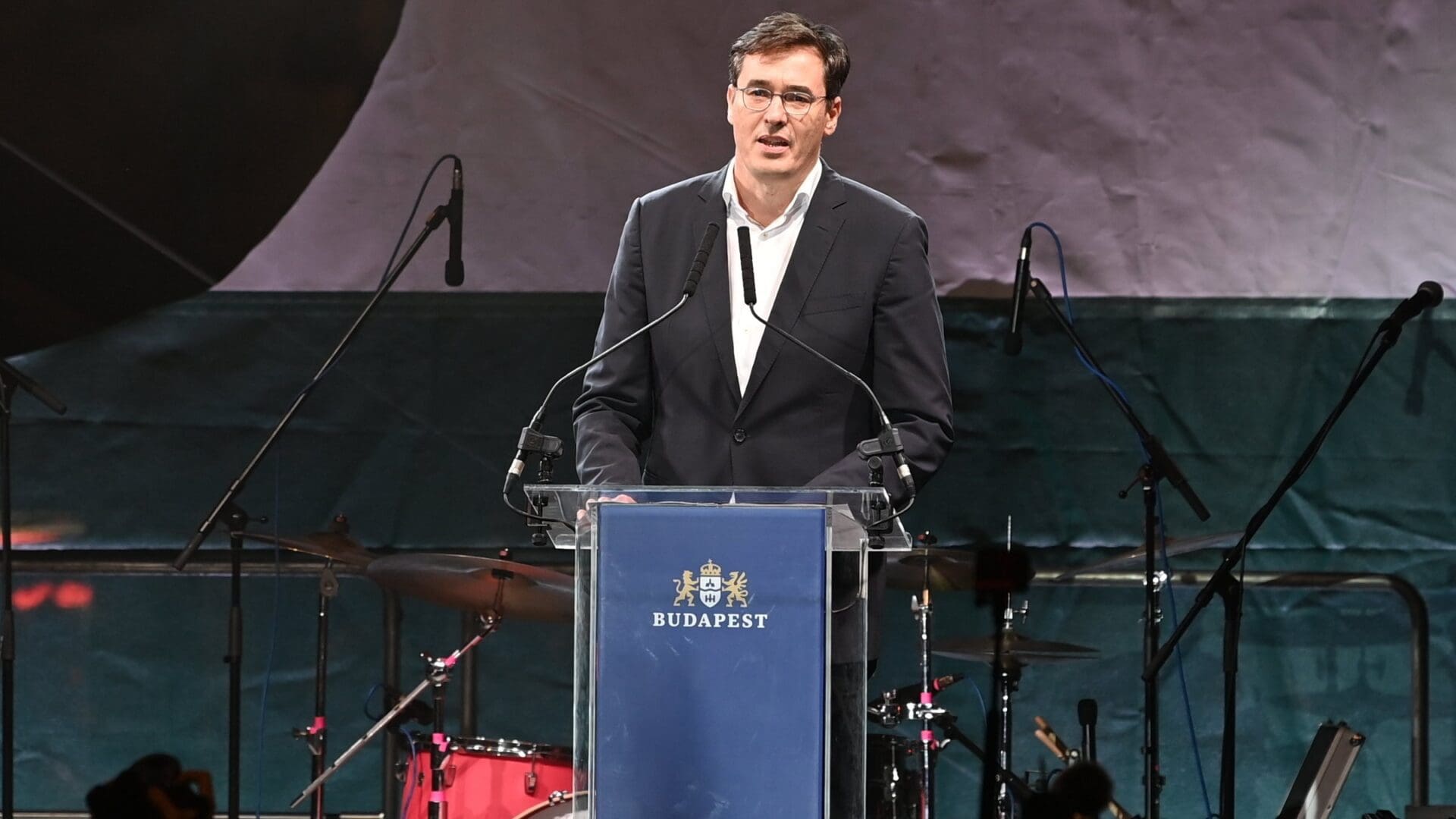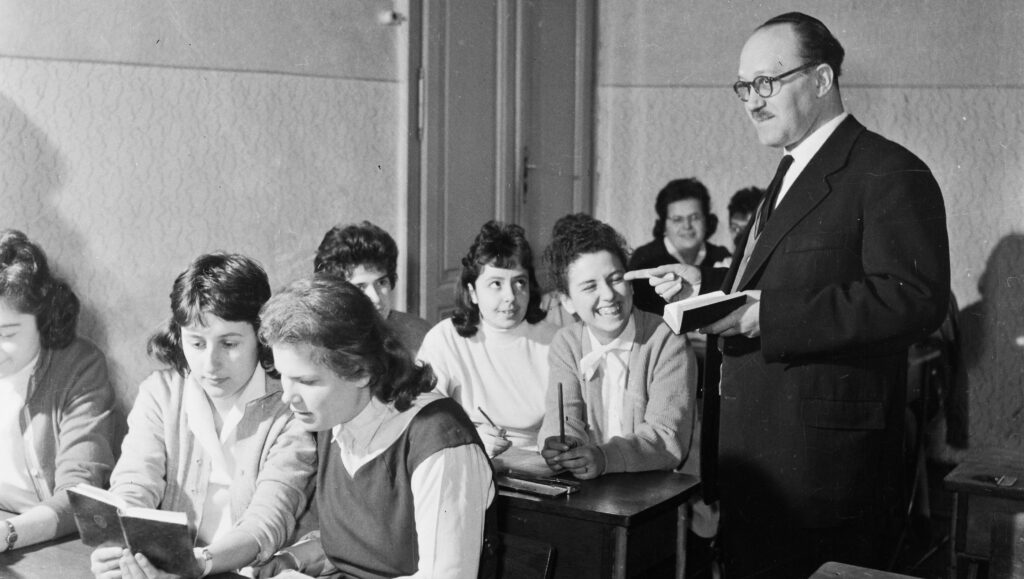Addressing a demonstration on the anniversary of Hungary’s 1956 uprising in downtown Budapest on Monday, 23 October, the city’s mayor Gergely Karácsony said: ‘We won’t compromise on our country one day becoming a republic, the common home of free and equal citizens.’
At the event held at Oktogon Square, Karácsony vowed to form an alliance of the opposition parties in Budapest for next year’s municipal elections.
’23 October is the celebration of the republic, of the republic born out of the Revolution of 1956, of the Third Hungarian Republic established on 23 October 1989, and of the Fourth Republic we carry in our hearts,’
Karácsony said.
‘Living in a republic means striving to treat each other well,’ Mayor Karácsony said, adding this was the kind of homeland the heroes of 1956 had wanted. He said the symbol of the revolution, the Hungarian flag with a hole, sent the message that unity was only possible if no one was being told, in the name of any ideology. how they ought to love their homeland.
The revolutionaries of 1956 knew that only a courageous nation could be free and that only unity could give a nation courage, the mayor said. He called it a ‘historical paradox’ that ‘the Hungary of 1956 could not become free despite being worthy of it, and though the Hungary of 1989 did become free, after more than three decades…it, unfortunately, appears that the country could not be worthy enough of being free’.
‘The Third Hungarian Republic between 1989 and 2010 was our most hopeful attempt in Hungarian history to finally live in a real republic,’ Karácsony said, adding that the attempt had ultimately failed. ‘We were the ones who made it fail, because we didn’t believe in it enough,’ he said. The mayor went on to state that the republic had been ‘removed from the name of our country and, step by step, from the functioning of the state’. He also said the state today represented private, rather than public interests and was ‘invading spaces where it has no business, but pulling out of spaces where it should act’.
‘Though the republic has been exiled from our current laws, it’s still there in the teacher and student movements, in unions, in the civil groups supporting the ones in need, in the protests against polluting investments, in civil rights movements, in civil society, and free local governments,’ Mayor Karácsony said.
‘Today, it’s not the opposition that’s in power in Budapest, but Budapest residents,’ he claimed.
‘That’s why Budapest is and will remain a republic.’
He also stated that Monday’s event was an ‘important bridge’ between local councils and civil groups, but was incomplete without the opposition parties. ‘I take it upon myself to form an alliance of opposition parties in Budapest for next year’s local elections within weeks,’ Karácsony vowed.
Related articles:
Sources: Hungarian Conservative/MTI








